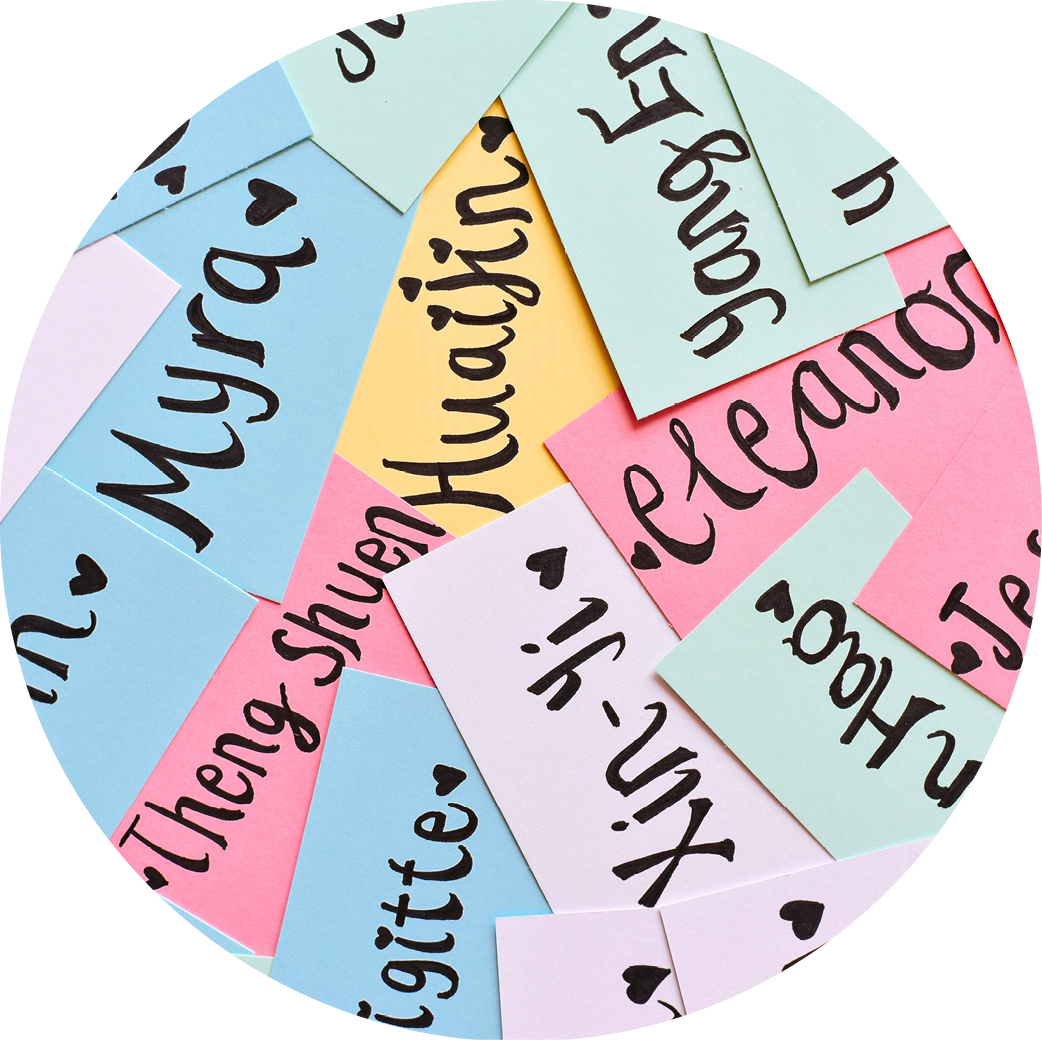Kace is a male first name. In very rare cases it is also used for girls.
The name Kace isn’t among the current fashionable names in our top 10 stats, but nonetheless, it’s still very popular and common. In our SmartGenius ranking of all boys names, Kace ranks 943. Recently, out of every 10,000 newborn boys, approximately 1 were named Kace. If you polled the whole US population – children, adults and seniors – you’d find less than one in 10,000 to be named Kace.
Kace is a fairly recent phenomenon. In the past, the name wasn't really on the radar of expectant parents. Then, unexpectedly, Kace cried out for attention, reaching its peak in popularity at #715 in our SmartGenius statistics in the year 2019. People over 50 probably didn't have classmates named Kace, for there were many years in which not a single parent chose this first name for their son. Although it also has never been in the top 100 of most popular first names, Kace seems to have been in vogue for a while, especially since the beginning of the new millennium.
In years where the graph has no value, the name Kace was given less than five times or even none at all in the entire USA.
209 babies were named Kace in 2022 - that's 1 in 772,373 newborn boys. With this number, the boys' name Kace ranked 972 in our SmartGenius first name statistics in 2022, the most recent year for which records are available.
You may not know anyone named Kace, but there’s a good chance you live in the same state as someone with that name. In fact, 33 states are home to men and boys named Kace. (To be fair, a given name is only included in a state’s official statistics if there are at least five people with that name living in that state – so it’s entirely possible that there are still a few men and boys named Kace living in one state or another. If your name is Kace and you live outside of the states highlighted on the map, please let us know so we can refine our statistics even further). And while the first name is present in many states, it is still not one of the popular ones. In Georgia, which has the most people named Kace relative to the population, you still have to ask 30,650 men and boys their names before you hear Kace as an answer just once.

Well, you might say, you probably figured that out yourself! But what you might not know is: The letter K is a real popular first letter for boys’ names. That’s because 7.9% of all common boys’ names in the US begin with this letter. Only the first letters J, A and D are more common for boys' names.
With four letters, the name Kace is shorter than most other given names. In fact, only 5.5% of all common first names in the US consist of exactly four letters. Just 1.2% of all first names are even shorter, while 93% consist of more than four letters. On average, first names in the US (not counting hyphenated names) are 6.5 letters long. There are no significant differences between boys' and girls' names.
That means that if 7.9% of all boys' names start with a K, this initial letter occurs more than twice as often as all 26 letters on average. Interesting detail: of all the boys’ names that begin with a K, Kenneth is the most common.
If your name is Kace and someone asks after your name, you can of course just tell them what it is. But sometimes that isn't so easy - what if it's too loud, and you don't understand them well? Or what if the other person is so far away that you can see them but not hear them? In these situations, you can communicate your name in so many other ways: you call spell it, sign it, or even use a flag to wave it...
So that everyone really understands you when you have to spell the name Kace, you can simply say:

Koala

Apple

Cat

Elephant
Braille is made up of dots, which the blind and visually impaired can feel to read words.
Kace
Kace
Just use American Sign Language!




These flags are used for maritime communication - each flag represents a letter.
 K
K
 A
A
 C
C
 E
E
In the navy, sailors of two ships might wave flags to each other to send messages. A sailor holds two flags in specific positions to represent different letters.
 K
K
 A
A
 C
C
 E
E
In Morse code, letters and other characters are represented only by a series of short and long tones. For example, a short tone followed by a long tone stands for the letter A. Kace sounds like this:



